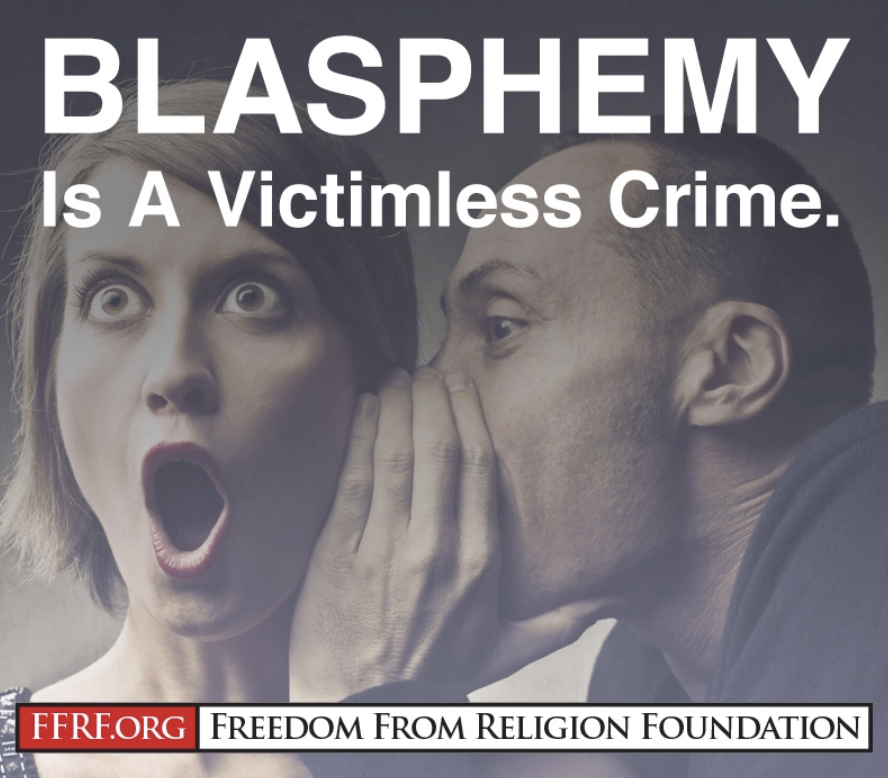
The Pakistani ruling elite has recently taken a regressive step in the name of religion.
Pakistan’s horrific anti-blasphemy laws have claimed many victims over the past some decades. For instance, Tahir Ahmed Naseem was shot dead in July 2020 during a hearing regarding accusations that he had violated the country’s law prohibiting blasphemy. The country’s blasphemy laws carry the possibility of a death sentence (even though this has thankfully never been officially carried out), and Naseem’s murder was only one in a long line of vigilante killings as a result of the laws.
Now, Pakistan’s Parliament has, lamentably, strengthened such legislation.
“Pakistan’s blasphemy laws, which can already mean death for those deemed to have insulted Islam or the Prophet Muhammad, can now also be used to punish anyone convicted of insulting people who were connected to him,” The New York Times reports. “Those convicted of insulting the Prophet Muhammad’s wives, companions or close relatives will now face 10 years in prison, a sentence that can be extended to life, along with a fine of 1 million rupees, roughly $4,500. It also makes the charge of blasphemy an offense for which bail is not possible.”
Pakistan’s courageous activist organizations have expressed serious concern.
“At a time when civil society has been calling for amendments to these laws to prevent their abuse, strengthening this punishment will do the exact opposite,” the Human Rights Commission of Pakistan, led by the redoubtable Hina Jilani, has said in a statement.
The two most famous casualties of Pakistan’s blasphemy laws have been high-ranking government officials. Salmaan Taseer, the governor of the most populous state in Pakistan, was shot dead in 2011 by his own bodyguard when he defended a Christian, Asia Bibi, convicted of blasphemy. Shahbaz Bhatti, a member of Pakistan’s cabinet, was also killed the same year for exhibiting similar bravery. Fortunately, the death sentence handed down to Bibi was overturned by the Supreme Court of Pakistan in 2018.
Ironically, Pakistan’s current blasphemy laws were put into place in the 1980s by an extremely vicious dictator, Gen. Muhammad Zia ul-Haq, a despot who dragged the country back in time to the dark ages. It’s a betrayal of Pakistan’s hard-fought democratic space for a popularly elected Parliament to be following in his footsteps.
Pakistan’s blasphemy laws are not unique. Ireland repealed its blasphemy ban only in 2018, and many other countries still have similar bans on the books. In fact, more than 80 countries still have blasphemy laws around the world. These laws violate our most essential rights: the freedom of thought, freedom of religion and freedom of speech. Pakistan is merely one example showing why these laws have no place in a modern, free society. And often they’re misused as cover for personal vendetta that has little to do with religion anyway.
Blasphemy is a victimless crime and, as Bertrand Russell said, “Every great idea starts out as blasphemy.”
It was a historic step in our nation when the U.S. House and Senate in December 2020 passed a bipartisan resolution, authored by Rep. Jamie Raskin, D-Md., co-chair of the Congressional Freethought Caucus, calling for the repeal of blasphemy, heresy and apostasy laws. But clearly, the United States must do much more. In the case of Pakistan, which has a long history of charging religious minorities and so-called “apostates” with blasphemy, the United States must strongly demand that Pakistan repeal such ignoble legislation and start honoring freedom of conscience.
Instead of enacting laws that pander to the worst instincts of religious fundamentalists, Pakistan needs to move in a more secular direction — a prerequisite for a truly democratic society.
The Freedom From Religion Foundation is a national nonprofit organization with more than 39,000 members across the country. Our purposes are to protect the constitutional principle of separation between state and church, and to educate the public on matters relating to nontheism.

